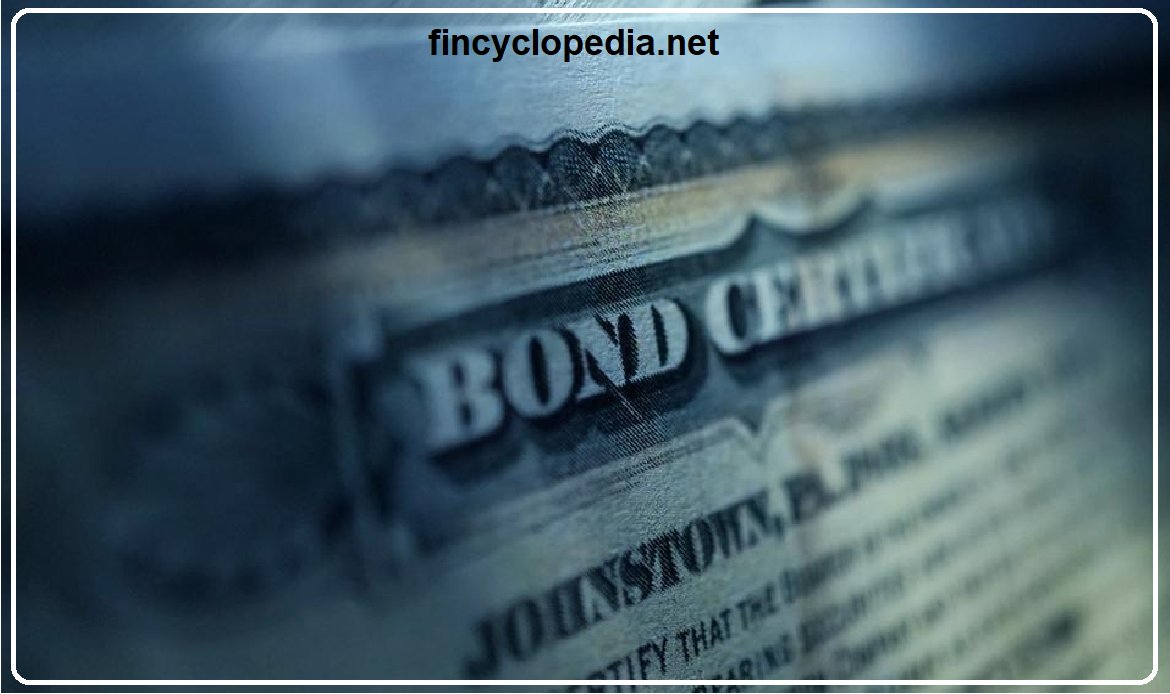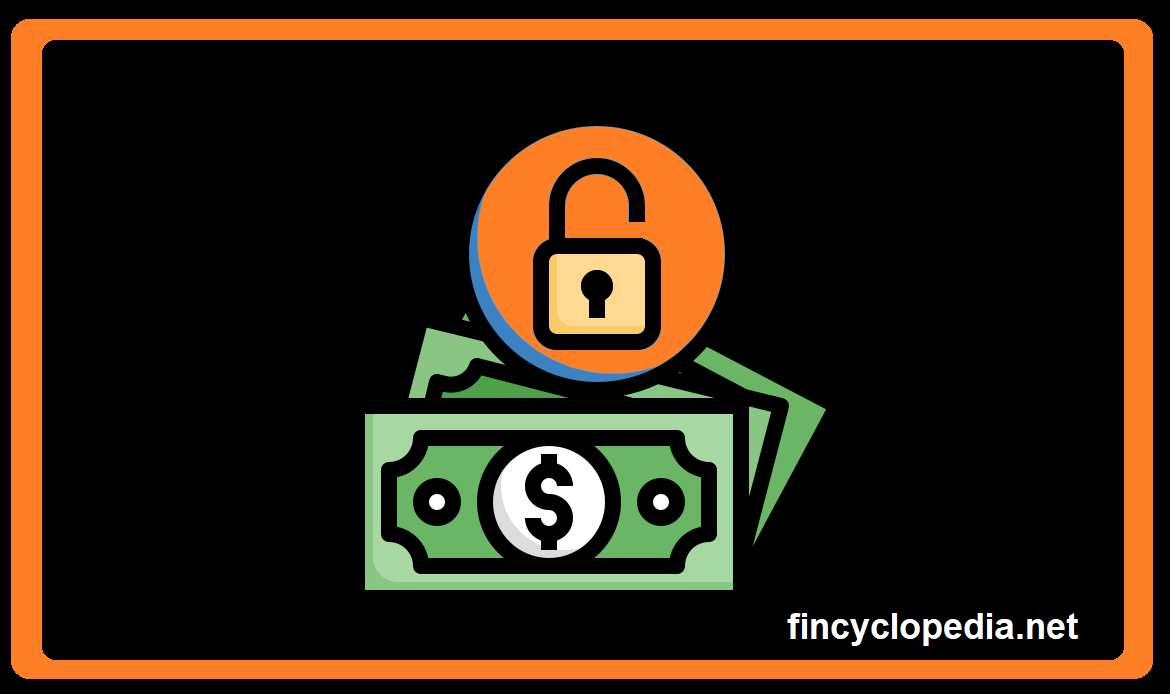A type of debt or general obligation that is not secured or protected by a guarantor, or collateralized by a lien on specific assets of the borrower for any case of a bankruptcy or liquidation or inability to meet the terms for repayment and settlement. Unsecured debt is created without any collateral pledged or placed to the creditor. In multiple types of loans, such as mortgages and car loans, the creditor (lender) has a right to seize the underlying assets if payments are not made as per agreement.
Unsecured debt such as credit cards do not have any connection to certain types of assets or property, and the creditors may be at the risk of losing the amount of loan and respective payments if the debtor goes bankrupt or insolvent. For these reasons, unsecured debt is very expensive, usually carrying higher interest rates compared to secured debt.
Unsecured debt may take the form of unsecured debt instruments– i.e., debt instruments that are backed only by the creditworthiness of the issuer (issuing entity). Unlike secured debt instruments, which depend on the collateral posted, unsecured instruments lack an additional layer of protection. However, the higher risk involved entails a bigger risk premium, and consequently a higher potential return. These instruments include commercial paper, unsecured bonds, and debentures.




